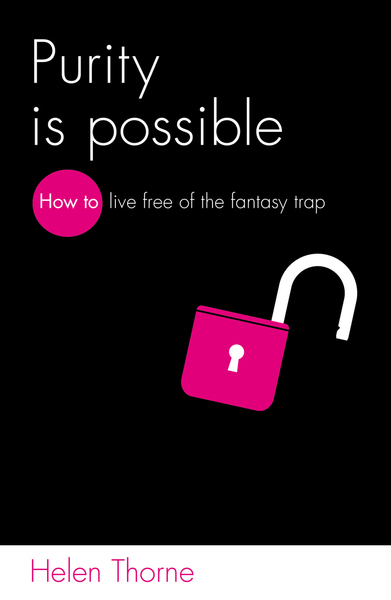
Let me ask you a strange but important question: Are you more hippo or frog?
I’m not talking about physical stature (you’ll be pleased to know), but about the way you respond to discovering there are idols in your heart. Are you more of a wallower or a jumper?
Hippos are wallowing creatures. If they see a patch of warm, muddy water deep enough to envelop their enormous bodies, they will head for it and sit in it for hours. They snort and they snuffle, they rub and they roll in the filth that surrounds them.
And some of us do that with our idols. We see the things we want more than God—maybe we see them clearly for the first time—and we get overwhelmed by the dirt and rebellion present in our lives. We get hit by a tidal-wave of realisation that we are not the beautiful people God calls us to be, not even the half-beautiful people we thought we were, and we become paralysed by the enormity of who we’ve become. We wallow. We sit, inert in our sin, shrouded in despair and unable to believe that change is an option.
Frogs, on the other hand, are jumpy creatures. If you sit a frog in some water and turn the heat up slowly, they don’t realise, and don’t move. But if the heat rises more quickly, they do realise, and they peg it. They have no interest in working out why the water is hot or learning how to avoid dangerous water in the future; they simply hop off as quickly as their powerful back legs can propel them.
Some of us are more like that. When the heat is turned up—when, for whatever reason, we see our idols and our guilt for what they are, when we’re confronted with the fact that we have not been living even close to how God desires—we just want to run away from it. We don’t actually want to stay and deal with it; we simply want to move to a place where we don’t have to think about it anymore.
Most of us have a particular tendency at any given moment in time. And when we allow those tendencies to define our behaviour, we don’t change very much. Hippos keep wallowing and frogs keep hopping.
Two fairly extreme examples from the Bible might help us see even more clearly how frogs and hippos operate.
Cain, Eve’s eldest son, acted like a frog. He allowed jealousy against his brother to fester to such an extent that he actually killed his brother, Abel. He wanted significance, acceptance and love more than he wanted to be faithful, and his life spiralled out of control as a result. It’s a shocking tale of brotherly hatred.
God’s response is to ask Cain a question: "Where is your brother Abel?" (Genesis 4 v 9).
Cain has a perfect opportunity to admit his sin, confess his idolatry, and ask God for mercy. But instead, he tries to hop away: "Am I my brother’s keeper?" (v 9).
He might just as well have said: “It’s nothing to do with me—let’s just move on.” He tried to run away from his responsibilities and his past. He failed. And he had to face God’s judgment.
Judas, on the other hand, was the ultimate hippo. He had betrayed Jesus to his death for 30 pieces of silver. His idols of power and wealth led him to dump faithfulness in the most heinous way imaginable. He handed over his friend, his leader, his potential Saviour to the authorities to be whipped, mocked, crucified and killed.
He didn’t ignore his actions; he was wracked with guilt: "I have sinned … for I have betrayed innocent blood" (Matthew 27 v 4).
But he didn’t do anything constructive with that guilt. He saw his idolatry in all its ugliness, but instead of running back to God, he wallowed in his self-inflicted filth. Eventually, it killed him: "Judas threw the money into the temple and left. Then he went away and hanged himself" (v 5).
Here is the problem we all face. We are all guilty—none of us meet God’s standards. We can try to outrun the guilt—but we cannot outrun God. Or we can own it and face it—but then it will prove a burden too heavy to bear.
Wonderfully, there is a different way—a better way, a God-defined way to deal with idols. First we have to get real about the depth of our rebellion, and then we have to get real about the depth of God’s forgiveness. It’s only as we dig into the depths of our guilt and then dig into the greater depths of God’s mercy that we can find a way both to own and to move past our sin and our shame; a way to enjoy the real world instead of running to and becoming trapped in a fantasy world; a way to discover the true and beautiful purity that we’re all deep-down longing for.
This is an edited excerpt from Purity is Possible: How to live free from the fantasy trap, which is released on October 4.
Nicola